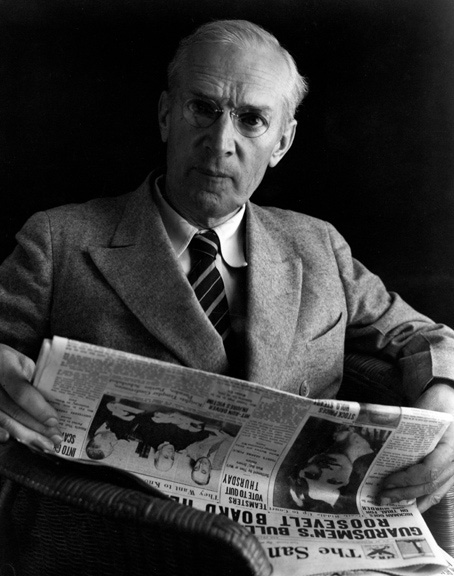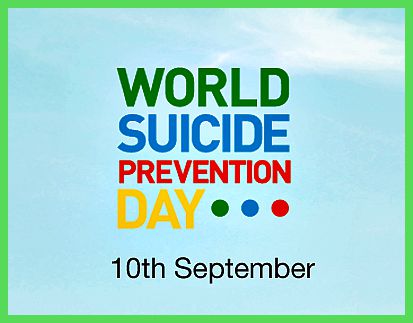A new non-Uyghur head of the top university in China’s troubled northwest Xinjiang province, home to China’s Uyghur Muslim Turkic minority, is seen as an erosion of autonomy for the region, greater central government control and a possible downgrading of Uyghur academics’ prospects.
Chinese state media reported late last month that Yao Qiang had been appointed president of Xinjiang University, the region’s top institution in Urumqi, capital of the Xinjiang Uyghur Autonomous Region, the first president of the university from China’s Han majority since the 1950s after decades of Uyghur leadership of universities in the region
Yao, previously a professor at prestigious Tsinghua University in Beijing, had been serving as Xinjiang University’s vice-president since March 2019, with the position of university president remaining unfilled since 2018 after purges and detention of many Uyghur academics, including former Xinjiang University president Tashpolat Tiyip, a prominent Uyghur academic.
The crackdown in Xinjiang has been presented by Beijing as a bid to control Islamic extremism and terrorism within China. Academics and rights groups outside China have presented strong evidence of mass internments of Uyghurs since 2017 in which the Chinese government calls ‘vocational training’ centres.
Henryk Szadziewski of the United States-based Uyghur Human Rights Project (UHRP) said Yao’s appointment came as a surprise, as a Uyghur head of the institution “is one of the benchmarks of the autonomy system” in the Xinjiang region.
“Under this system in much of the region it is usual to have a non-Han in an executive position and for the party secretaries to be Han, so this [change] is quite unprecedented,” he said.
Szadziewski told University World News the appointment also had a symbolic impact on higher education in Xinjiang beyond the institution’s own faculty and staff.
“Xinjiang University has wider impact beyond the campus, so it would be taken as quite a strong signal of the central government intervention into life in Xinjiang, a message of Beijing’s rule over non-Han peoples in the region.”
“It is most certainly significant. We’ve seen quite sustained pressure on Uyghur intellectuals and also beyond, artists and so on,” he said.
Abduweli Ayup, a linguist who ran Uyghur language schools in Kashgar in Xinjiang, said the head of the university was also an important leadership role in the region. “Xinjiang University is the core of academia in Xinjiang. Past university presidents are also top Uyghur scholars. But it is also an important political figure in Xinjiang.”
Naming a Han head at a time when so many prominent Uyghur academics are in detention, including some party loyalists among Uyghur academics, is a rejection of autonomy for the region.
“With so many Uyghur academics arrested, it means the Chinese government wants to monitor Uyghurs very strictly and implement their policy in a brutal way. There is no room for them to consider what local people think. They will do whatever they want,” Ayup said.
Erosion of Uyghur language teaching
Szadziewski said erosion of Uyghur language teaching had begun a decade ago with all classes at Xinjiang University and other universities in Xinjiang conducted in Chinese.
“This new appointment confirms the changes that have already happened so, over the years, there’s been a process of Sinification, moving towards teaching classes in Mandarin Chinese and installing patriotic education classes, to the point where the ability of the faculty to research subject matter reinforcing the distinctive Uyghur culture is under duress and many top scholars have disappeared.”
UHRP released a report last year that found hundreds of Uyghur academics and students, among them some two dozen scholars from Xinjiang University alone, have been interned in re-education camps since 2017.
Rachel Harris, professor of ethnomusicology at SOAS (the School of Oriental and African Studies), University of London who has worked with several Uyghur academics detained since 2017 said the appointment of a Han university president “is a very clear message to the Uyghur people that they no longer have an autonomous region and their culture is no longer valued”.
She noted that almost no information has filtered out on the fate of prominent academics, for example, Rahile Dawut, a leading expert on Uyghur folklore and traditions at Xinjiang University, whose work had previously been sponsored by the Chinese state. Dawut left Urumqi for Beijing in December 2017 and has not been heard from since.
Tashpolat Tiyip was Xinjiang University’s president from 2010, but his whereabouts is unknown since he was detained in 2017 while travelling to a conference in Germany. He was reportedly sentenced to death with a two-year reprieve after being convicted in camera on charges of separatism, according to the Office of the United Nations High Commissioner for Human Rights which has called on the Chinese authorities to make public Tiyip’s current place of detention.
China has denied that Tiyip was secretly tried and sentenced to death saying last December that Tiyip was “suspected of corruption and bribery” and that the case was still ongoing. No new information has emerged since then.
More arrested than released
Ayup, who is now head of Uyghur Hjelp (Uyghur Help) in Norway, which documents Uyghur detainees and archives their testimonies, told University World News nothing is known about Tiyip or detained Kashgar University president Erkin Omer.
But the detention of Uyghur scholars continues; “it is very hard to get news out [of Xinjiang] but we are seeing some new names of those arrested.” These include Oblez Irhun, a historian based in Beijing where he was working in a publishing house, who was arrested this year.
Even though some have been released after three years in detention camps, “more have been arrested than released,” Ayup said, pointing to prominent Uyghur academic Gheyret Abdurahman, of the Academy of Social Sciences of Xinjiang, released this year.
“Most of those released were very old or sick,” said Ayup. A prominent academic, former professor at Xinjiang University, Abdukerim Rahman, passed away less than a year after release. Azat Sultan, former president of Xinjiang Normal University, was released and believed to be seriously ill, although exact dates of the release are unknown. Deaths are not reported officially, in part to prevent public mourning of prominent Uyghurs.
A number of doctors and academics from Xinjiang’s medical universities have been released since December 2019, including at least one released last month.
“We can conclude they were released because the government needs them. There is a shortage of doctors because of the detention of so many doctors and academics, so they were released after a two- to three-year period of indoctrination,” Ayup said, adding it could also be related to the outbreak of coronavirus in China and the need for medical personnel.
But Ayup also noted a new phase reported by those released from detention. “Scholars who have been in concentration camps for indoctrination are now being sentenced. Some cases are now coming to court,” including cases in the coming days, though in most cases charges are not made public.
Xinjiang University has been operating without a president in Tiyip’s absence, until the current appointment.
“The only difference over the past three years is that it’s been under a very tight political grip,” Harris noted. “This new appointment seems to have set the seal on this change of direction that, very clearly, there is no space for Uyghur academics who have a pride in their own culture. There is no room for them to be employed or to have positions of leadership.”
The central government is pushing to make things look normal, Szadziewski said.
“It wouldn’t be surprising if the fact that universities are up and running and going by the normal academic calendar is one of the ways to portray this,” he said, adding that it is unclear how many non-Han students are enrolling and what they are studying. Source: Alarm over choice of new leader for Xinjiang University




































